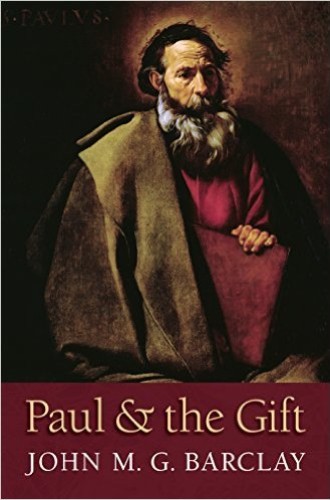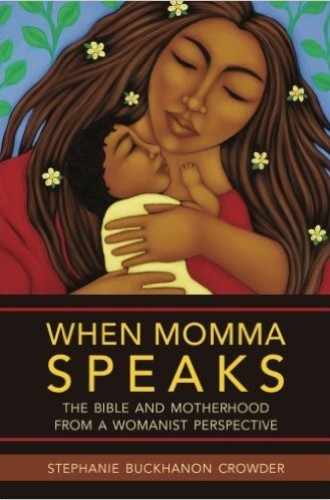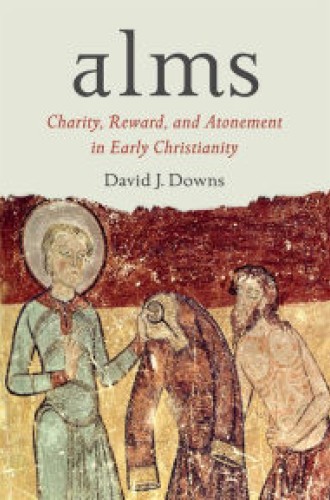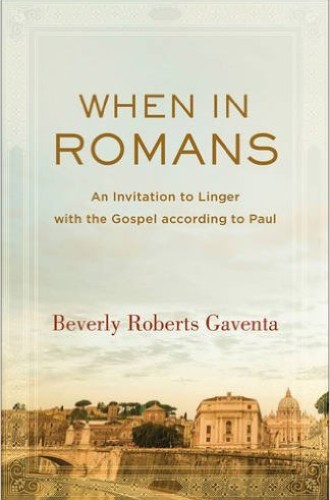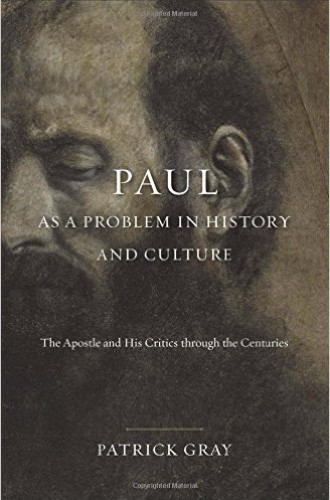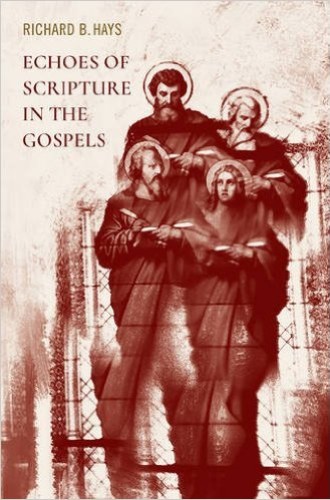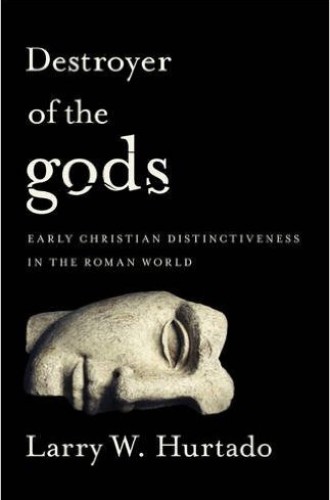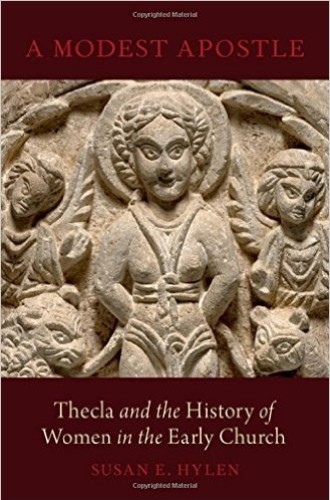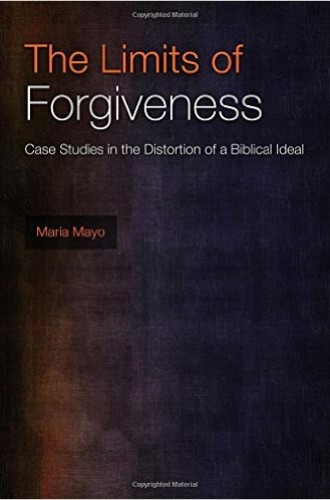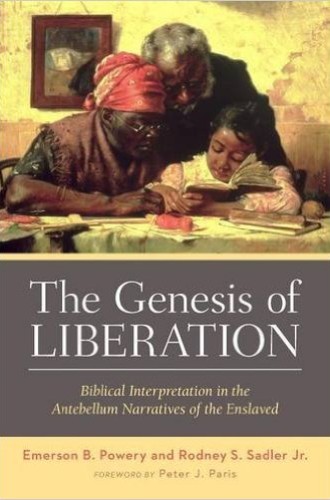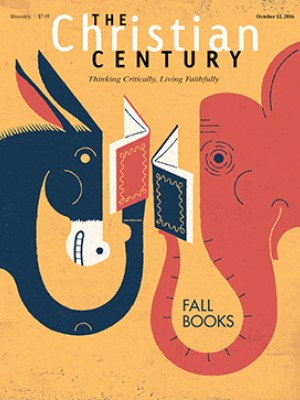Take & Read: New Testament
Paul and the Gift, by John M. G. Barclay (Eerdmans, 672 pp., $70.00). “The gift” is Jesus, the fullest expression of divine grace. Barclay explores anthropological, theological, historical, and exegetical dimensions of gift-giving, which inform his profound analysis of Galatians and Romans. Technical, learned, and masterful, this book could prove to be the most rewarding and influential exposition of Pauline theology written in nearly two decades.
When Momma Speaks: The Bible and Motherhood from a Womanist Perspective, by Stephanie Buckhanon Crowder (Westminster John Knox, 200 pp., $22.00 paperback). Crowder reviews six biblical stories that feature mothers who, although vulnerable, boldly defend and advocate for their children. The exegetical summaries prompt reflections on six paradigms of African-American mothers in today’s world, from modern Hagars seeking housing for their children to present-day Canaanite women who work and sacrifice for their families’ well-being. Each chapter provides ample material to fuel vivid and cogent sermons or Bible studies.
Read our latest issue or browse back issues.
Alms: Charity, Reward, and Atonement in Early Christianity, by David J. Downs (Baylor University Press, 350 pp., $59.95). This thorough examination of Jewish scriptural traditions, New Testament writings, and second- and third-century Christian authors reveals that believers had many theological incentives for performing merciful acts and giving to the poor. Almsgiving strengthened communities of faith, ministered to Christ, imitated Christ, and even secured redemption from sins. Downs demonstrates how the notion of “atoning almsgiving” was deeply woven into early Christian identity and theology.
When in Romans: An Invitation to Linger with the Gospel according to Paul, by Beverly Roberts Gaventa (Baker Academic, 160 pp., $22.99). Paul’s letter to the Romans intimidates many readers by its length, intricacy, peculiarities, and legacy. Like a knowledgeable local who introduces visitors to the pulse of a local culture, Gaventa lays open the letter’s theological heart. Her forays into Paul’s assumptions concerning salvation, God’s fidelity, the life of faith, and Christian identity make the message of Romans more navigable.
Paul as a Problem in History and Culture: The Apostle and His Critics through the Centuries, by Patrick Gray (Baker Academic, 272 pp., $32.99). Paul has always had denigrators, from the audience of his first sermon to students who just entered seminary. Gray surveys two centuries of anti-Pauline criticisms, including figures as varied as James, Julian the Apostate, Voltaire, Tolstoy, Nietzsche, Elizabeth Cady Stanton, H. L. Mencken, and James Baldwin. The book’s second half, which considers Paul’s controversial status in contemporary discourse among Jews, Muslims, and the spiritual-but-not-religious crowd, underscores the importance of confronting the apostle’s complicated and often misunderstood notoriety.
Echoes of Scripture in the Gospels, by Richard B. Hays (Baylor University Press, 524 pp., $49.95). In this much-anticipated project, Hays does for the Gospels what he previously and famously did for Paul. He investigates how the four evangelists, each in a distinctive way, operated as biblical interpreters, bearing witness to Jesus and his gospel in light of the Old Testament’s witness. The Gospel authors’ understanding of Jesus influenced what they saw in scripture, even while scripture shaped their perception of Jesus, his identity, and the significance of his deeds.
Destroyer of the Gods: Early Christian Distinctiveness in the Roman World, by Larry W. Hurtado (Baylor University Press, 304 pp., $29.95). Most Christians know little about the cultural contexts in which Christian faith originally took root. Many wrongly presume that the ancient religious marketplace was much like today’s. Hurtado’s book, written to appeal to a wide audience, explains just how odd and objectionable Jesus’ followers, their counter-establishment church, and even their writings looked during the first three centuries of the Christian movement.
A Modest Apostle: Thecla and the History of Women in the Early Church, by Susan E. Hylen (Oxford University Press, 200 pp., $74.00). Women in the Roman era were expected to be subordinate to men, yet they also had opportunities to engage in leadership and play socially influential roles in various settings. Hylen sees no essential contradiction in these mores. Her interpretations of 1 Timothy, the Acts of Paul and Thecla, and the reception of Thecla’s memory in the early church describe a complex social landscape in which Christian women exercised authority while conforming to conventions that prized modesty.
The Limits of Forgiveness: Case Studies in the Distortion of a Biblical Ideal, by Maria Mayo (Fortress, 276 pp., $39.00 paperback). Pressuring a victim to forgive a wrongdoer usually compounds the suffering. With astute and stimulating arguments, Mayo examines three prominent Gospel passages, correcting common misconceptions about how Jesus characterizes forgiveness. Biblical exegesis and pastoral theology join as she identifies and repairs destructive assumptions embedded in restorative justice movements, South Africa’s Truth and Reconciliation Commission, and common practices of counseling victims of domestic abuse.
The Genesis of Liberation: Biblical Interpretation in the Antebellum Narratives of the Enslaved, by Emerson Powery and Rodney S. Sadler Jr. (Westminster John Knox, 272 pp., $35.00 paperback). Given the steady diet of proslavery texts and interpretations served to early generations of African Americans, one wonders why the Bible ever came to hold any attraction for them. The answer resides in the emergence of alternative biblical hermeneutics and alternative theologies that undermined the hypocritical form of American Christianity that slaves were fed. Powery and Sadler’s gripping study of former slaves’ creative use of the Bible illuminates what was theological about 19th-century efforts to define African-American identity according to a sense of God-given dignity and confidence in divine justice.


